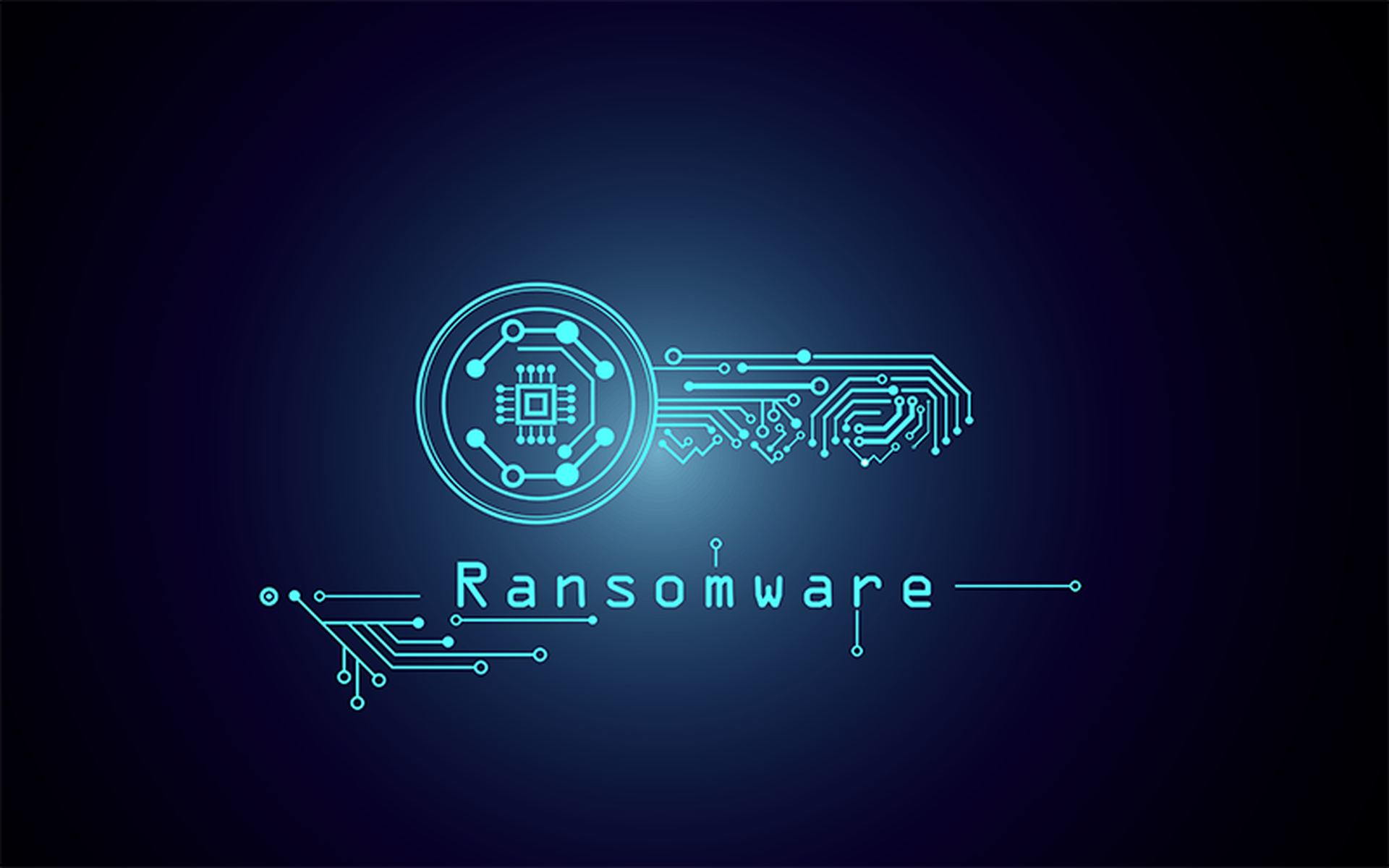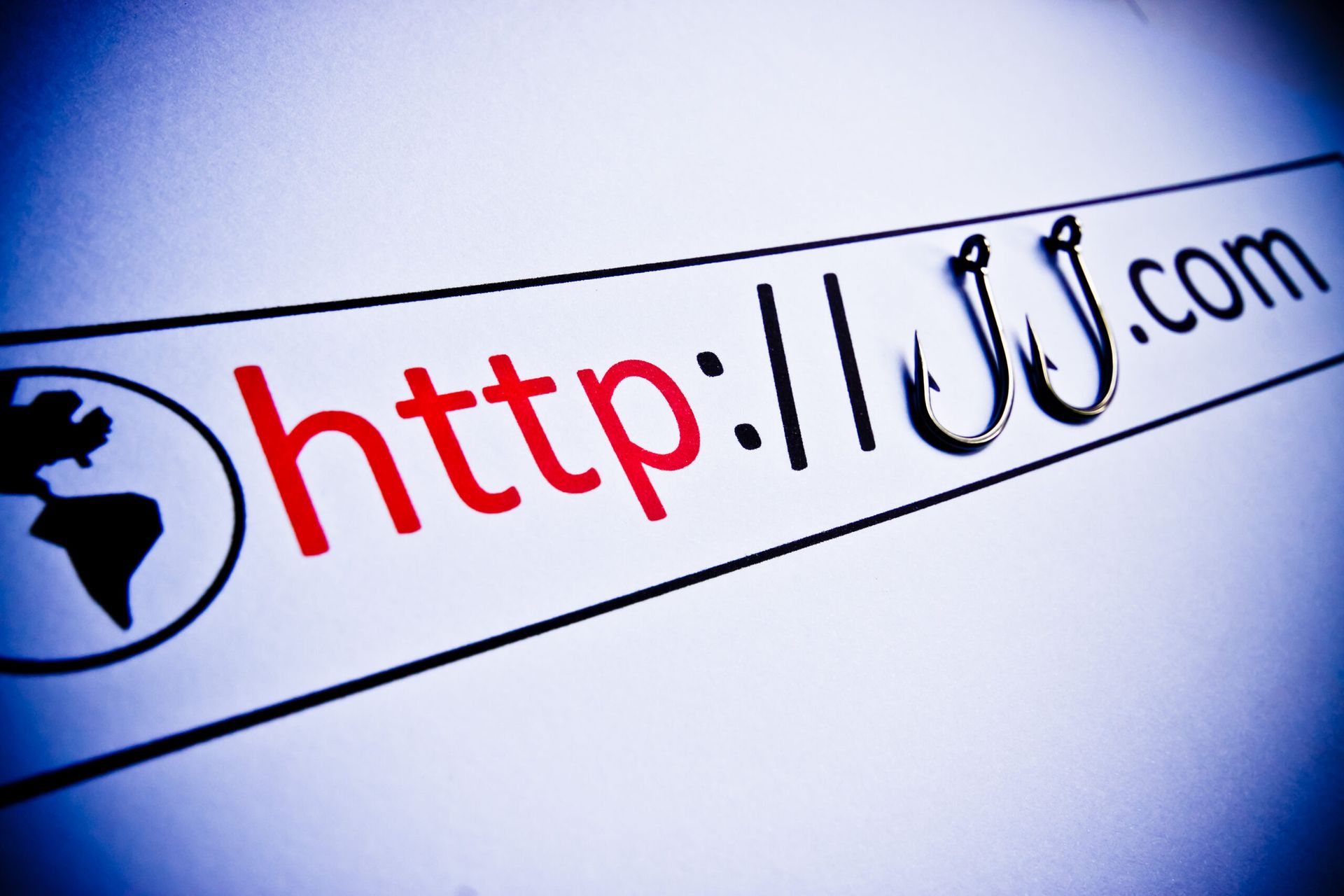A U.S.-led international alliance of at least 40 countries have vowed not to pay ransoms to cyber hijackers, lining up with efforts by some private industry to push back on hackers’ demands to unlock their systems.
As cyberattackers have stepped up their funding tactics by threatening so-called double extortion, not only by freezing systems and networks but also by posting stolen confidential data on the dark web. Now, the call for a counteroffensive by government entities has become more determined.
The pledge does not extend to private industry, officials said.
"As long as there is money flowing to ransomware criminals, this is a problem that will continue to grow," Anne Neuberger, Deputy National Security Advisor for Cyber and Emerging Technologies told reporters.
New Information Sharing Platforms to Inform on Ransomware Activity
As cybersecurity experts have urged the private sector to stanch ransomware activity, the initiative is constructed to encourage information sharing about ransom payments, according to Neuberger. Along those lines, two information-sharing platforms will be created, one by Lithuania and another jointly by Israel and the UAE, reports said.
Partner countries will also share a "black list" through the U.S. Department of Treasury that will include information on digital wallets being used to move ransomware payments, Neuberger said.
Alliance members will also be launching a project to help governments track, identify, and apprehend extortionists by tracking cryptocurrency ransom payments.
To Ban Ransomware Payments or Not?
Earlier this year, the White House and a group of international partners mulled over a ban on ransom payments in an effort to counter financially motivated threat actors. The Biden administration, as recently as last fall, opted not to impose an outright ban on ransom payments but turned to encouraging organizations not to reject any demands by cyber hijackers. But faced with losing millions of dollars from locked up systems, many large companies have opted to either bargain with their captors or cough up money to limit the damages.
For example, in early September, Caesar's Entertainment, reportedly paid a $15 million ransom, half of what the attackers demanded to avoid the online leak of customer data stolen in a recent cyberattack.




